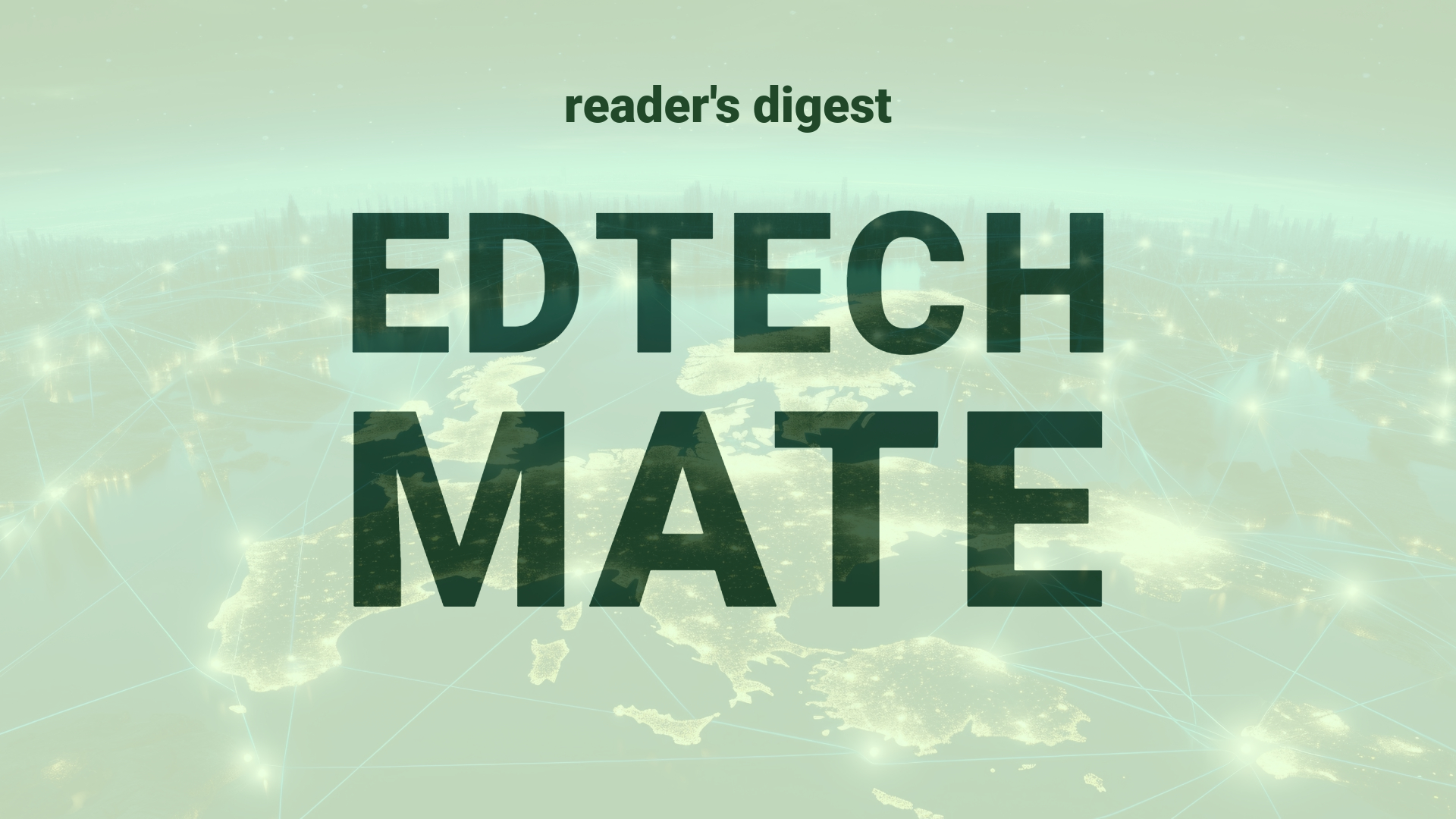Executive Summary and Main Points
Recent higher education podcasts reveal critical insights into managerial behaviors, technological advancements, and learning strategies. Key discussions include the human tendency of favoritism in leadership, presented by IMD’s Ginka Toegel, and its impact on team dynamics. The series also covers the intersection of spatial computing and strategic business planning, along with personalized learning as a continuous leadership skill. Further, stress-testing business strategies suggests a methodology for educational institutions to anticipate various operational scenarios, enhancing competitiveness and innovation.
Potential Impact in the Education Sector
The unpacked concepts have profound implications for Further and Higher Education, as well as Micro-credential pathways. Emphasizing impartial management practices can lead to culture improvements and performance within academic departments. The integration of spatial computing could revolutionize learning environments and campus operations. Endorsement of perpetual learning by educational leaders enforces the idea of lifelong education, which aligns with the growing trend of micro-credentials. Strategic partnerships in technology and business can enhance digitalization efforts and shape future educational models.
Potential Applicability in the Education Sector
Innovative applications of AI and digital tools can lead to the creation of more immersive, spatially aware educational experiences. Implementing principles from corporate war games enables institutions to simulate and improve strategy formulation in competitive academic landscapes. Digital collaboration tools, as discussed, can be maximized to facilitate cross-campus and international research partnerships, further enhancing the global nature of education systems.
Criticism and Potential Shortfalls
While the insights offer substantial progress, potential shortcomings exist. Favoritism in academic leadership could undermine meritocracy and diversity. Spatial computing raises concerns regarding digital divides and the accessibility of such technologies globally. The corporate-style stress tests may not fully account for unique educational values and missions. Ethical considerations, cultural sensitivity, and inclusivity must be addressed when applying business strategies to international education frameworks.
Actionable Recommendations
Higher education leaders should implement bias training programs to mitigate favoritism, fostering a more inclusive environment. They should consider strategic investments in spatial computing and align them with institutional goals for future-proofing learning spaces. Further, adopting a culture of continuous learning and development within the academic workforce will be essential. Stress-testing scenarios can be adapted to the educational context, encouraging innovative thinking and resilience planning within global higher education institutions.
Source article: https://hbr.org/podcast/2024/06/why-managers-play-favorites-and-how-they-can-change

